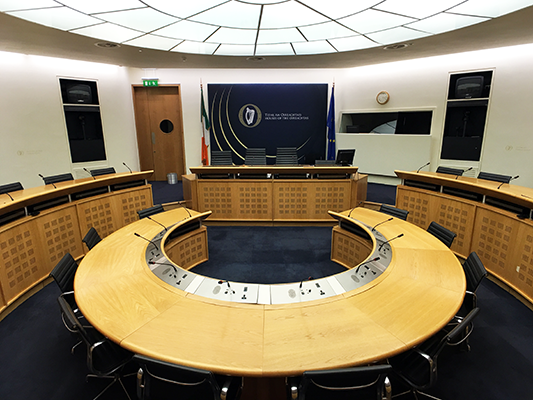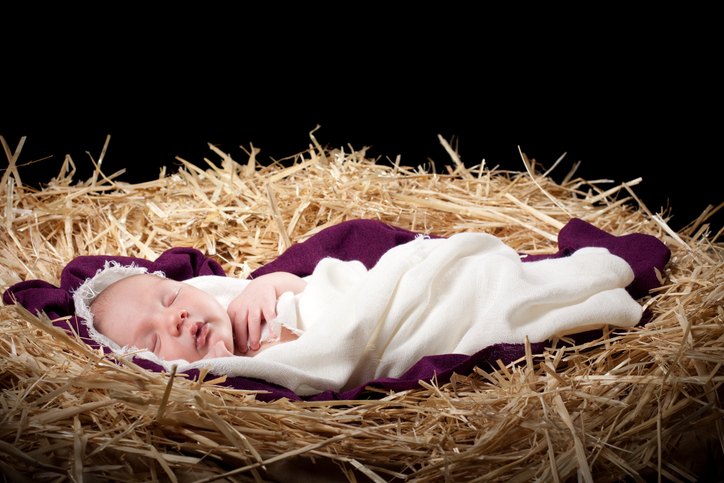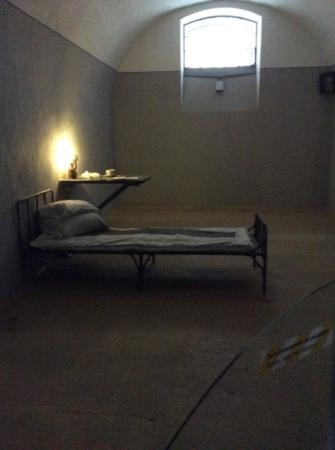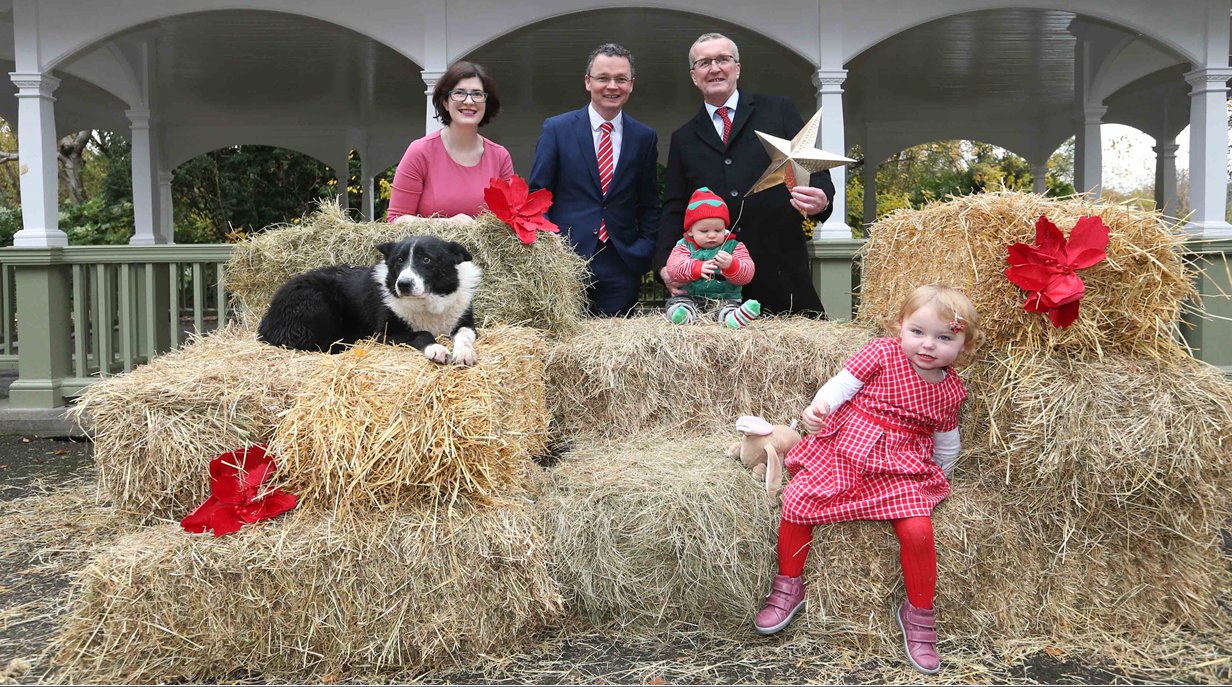The significance of a new order on religious symbols in hundreds of State-run schools has been downplayed, with an official saying its implementation will be decided on a case by case basis.
The Education and Training Boards’ ‘Framework on Ethos’ applies to over 200 second-level and primary schools.
Where religious symbols are displayed, the document says, they should be “reflective of the religions and beliefs of the entire school community” and that the community be consulted on the identification of such symbols.
Speaking to The Irish Catholic newspaper, ETB Director of Schools Seamus Conboy said the new policy will be applied on a school by school basis, rather than unilaterally.
Schools that display religious symbols “need to take into account the religious beliefs of all children in that school community. You know, if not in the world, but in the school community at least.”
“It’s just that for example, some of our ETB schools might have been set up in a time or in a place where it used to be historically just Catholic, when it was fine just to have a crucifix on the wall, but now, in a more pluralist community, there should be representation of all the different religious beliefs, you know? So that’s all the framework is advising”, Mr Conboy said.




















